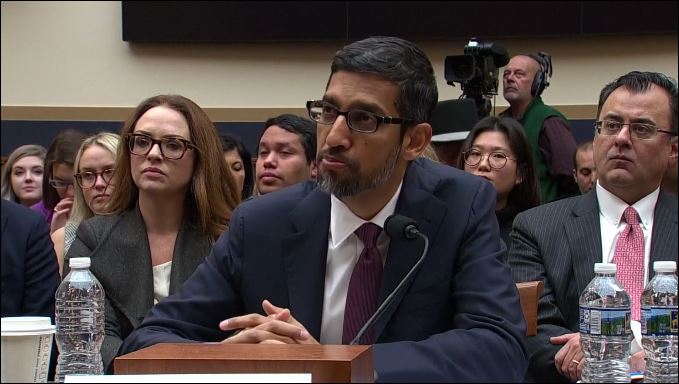The 25 GOP-led states that are refusing to expand Medicaid as part of the Affordable Care Act are not just turning down an estimated $42.6 billion in 2014 alone, they’re also missing a chance to save 27,000 lives — according to a new study from the pro-expansion group Health Care for America Now (HCAN).
HCAN’s projection is based on a Harvard School of Public Health study published in 2012 in the New England Journal of Medicine that compared states that had expanded Medicaid to childless adults to those who hadn’t:
The mortality rate in expansion states was 6.1 percent lower than in the neighboring expansion states. For every 500,000 adults gaining Medicaid benefits, 2,840 deaths would be prevented each year, the researchers found. Put another way, for every 176 people added to the Medicaid rolls, one life would be saved.
An estimated five million residents of states that haven’t expanded the program will find themselves in a “coverage gap,” where they will neither qualify for Medicaid nor be able to afford a policy in the insurance exchanges. Applying that 1-in-176 formula to five million uninsured, HCAN comes up with the 27,000 lives that may be lost.
The report also estimates how many jobs would be created by the expansion, which is entirely funded by the federal government for three years, tapering down to 90 percent by the end of the decade. In Texas, where 1 in 4 residents are uninsured, not only could nearly 6,000 lives be saved by expansion, but 300,000 jobs could be created by adding $67.9 billion a year in economic activity.
Instead of accepting new economic growth, states are putting their most vulnerable hospitals at risk of closing.









